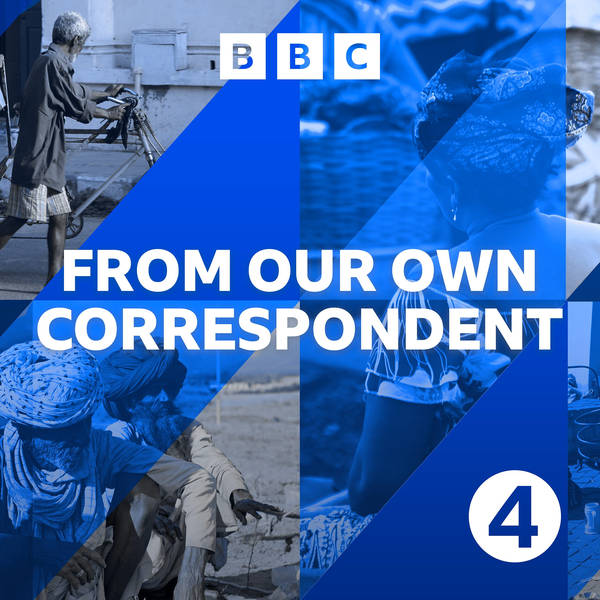
American presidents and the Middle East
When there's change in the Middle East, there is a good chance the United States had something to do with it, as with the recent accords between Israel and four Arab states. And now a new American president is preparing to move into the White House. What could this mean for the region, asks Jeremy Bowen. Thailand has been convulsed by large demonstrations this year, in which young people have been calling for reform and for changes to the once untouchable monarchy, even though criticising the king carries long prison sentences. Royalists are shocked by these campaigns and want things to stay as they are, says Jonathan Head. Italy's coronavirus crisis started in the north and eventually reached the far south, including the region of Calabria. An area blighted not just by the pandemic, but also by the powerful and ruthless 'Ndrangheta mafia whose crimes have made it much harder to cope with the virus for restaurants and even for hospitals, as Mark Lowen found out. Relations between China and the west have come under strain in recent years – but we buy vast amounts of Chinese products, and so China has developed its “Belt and Road” initiative. Part of its purpose is to enable the transport of goods from China to Europe by train. This has brought investment as far as Germany's former industrial region of the Ruhr, says Caroline Bayley. The Galapagos islands off the coast of Ecuador are known for their wildlife, from slow giant tortoises to fast baby iguanas. Charles Darwin spent five weeks there, and then developed the theory of evolution. Apart from the survival of the fittest, it's also about adaptation. Something that's been happening on these islands during the pandemic, as Jamie Lafferty reports.
Presenter: Kate Adie Producer: Arlene Gregorius
